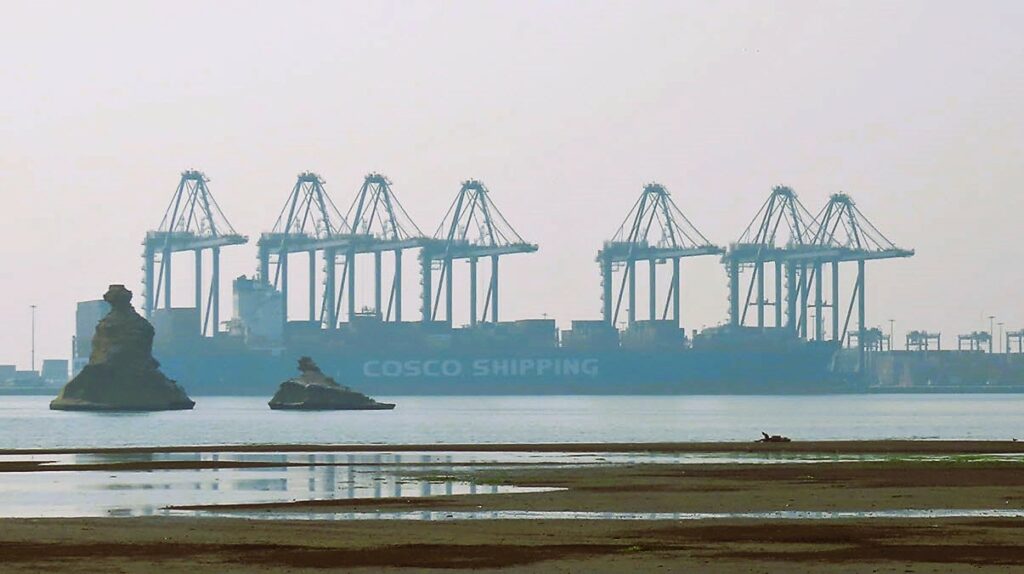
Pakistan Offers to Barter Rice to Resolve Tea Import Impasse
Containers of tea from Africa have been piling up at the port of Karachi since December, with more on the way. Ships are unloading briskly for the first time in months, but the government needs $1 billion immediately and $8.5 billion to pay its fuel bills.
Pakistan customs officials estimate that 95% of the 8,500 containers in port await letters of credit, including almost 5 million kilos of tea in 300 containers shipped from Africa.
The logjam is preventing billion of dollars worth of raw materials from reaching manufacturers. During the weekend of March 12, port authorities processed 1,024 inbound containers and 2,553 containers filled with long-delayed exports essential to offset a $48.4 billion trade deficit.
Honda, Suzuki, and Indus Motor assembly lines are closed or curtailed due to severe disruption to their supply chains. Shipping agents this week advised Pakistan that foreign shipping lines will halt services if the backlog is not resolved. DHL announced it would scale back operations, suspend imports, and limit outbound shipments.
Tea retail prices surged by Rs1000 to Rs1,600 per kilo leading to the celebration of Ramazan on March 22. Prices could go as high as Rs2,500 per kilo (about $9.50 per kilo), according to Zeeshan Maqsood, an executive member of the Pakistan Tea Association(PTA). Maqsood told the Dawn Newspaper that delays in processing bank documents lead to shortages and higher prices as retailers ration supplies.
Last year Pakistan purchased 234 million kilos of tea from Kenya. To resolve the impasse, Islamabad offered Kenya 150,000 metric tons of rice for tea of equivalent value. Mombasa traders welcomed the swap, according to East African Tea Trade Association (ETTA) Managing Director Edward Mudibo. He told Business Daily Africa, “We welcome this arrangement because it will work in our favor given the economic situation in Pakistan.”
Africa supplies 90% of Pakistan’s black tea imports, and Pakistan, in turn, supplies Afghanistan with 87% of its tea. In 2023 Pakistan’s tea market is expected to generate $1.12 billion, a 4.3% decline, according to Statista market research. Pakistan and Egypt buy 55% of Kenya’s tea exports annually, but sales have steeply declined since November, according to EATTA.
Pakistan is currently in talks with the International Monetary Fund (IMF) to unlock the next tranche of $1.1 billion of a $6.5 billion bailout agreed upon in 2019.


